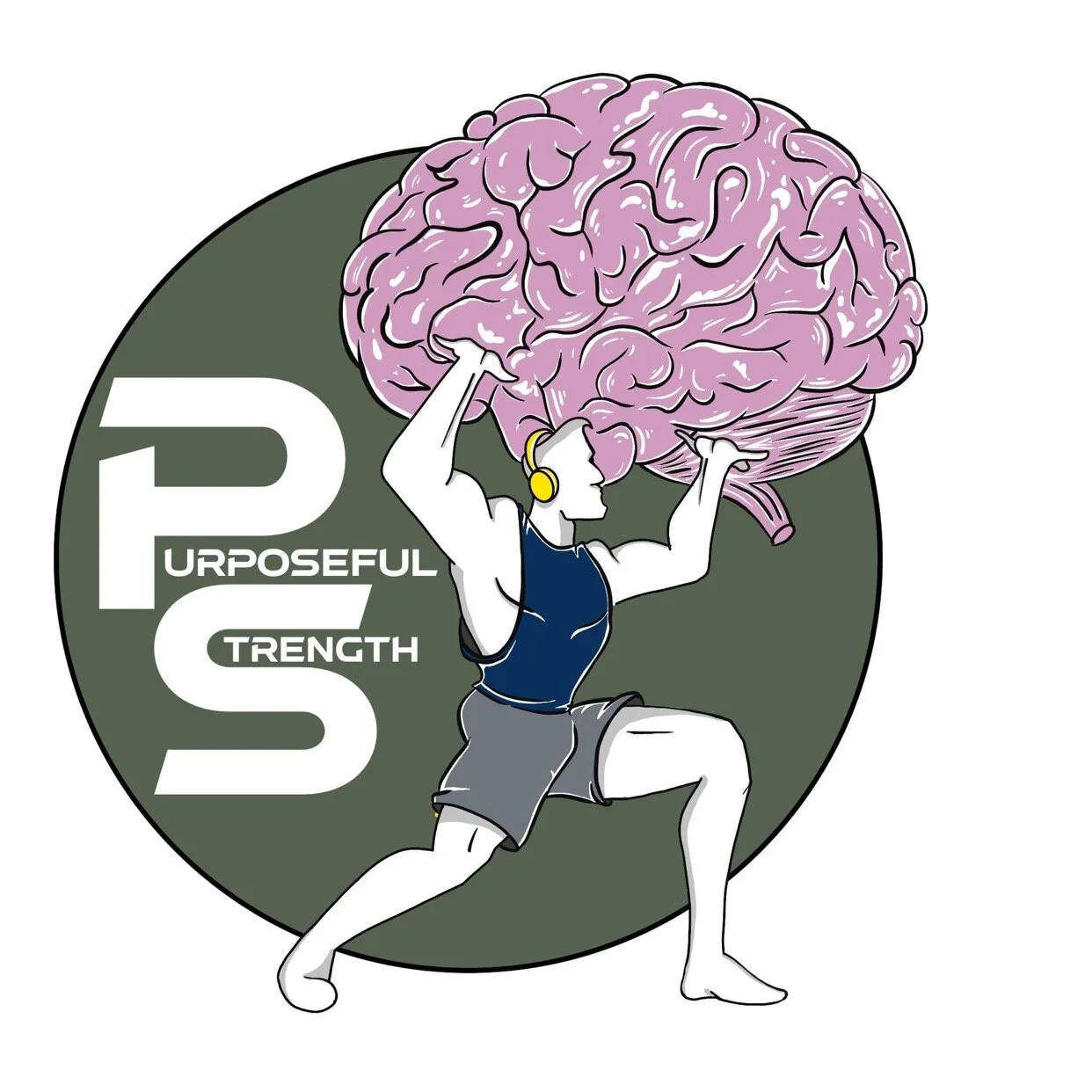Nutrition Strategies That Stick
The following is the Purposeful Strength Newsletter from June 16th- a great edition talking about decision making strategies to help guide making better choices when it comes to your nutrition!
PS- before you dive in, if you enjoy this newsletter, make sure to subscribe below!
I came into the fitness industry as a Coach who worked exclusively with kids ages 7-12. This age group isn’t immune to many of the same requests as their adult counterparts...the number one request was ‘can you talk to my kid about nutritional choices’.
Yes, this request was made for 7-12 year olds.
Day in and day out my sessions were filled with more fun than science and more loose strategies than black and white direction.As my time in fitness has grown, surprisingly, not much has changed- specifically on the ‘loose strategies’ section.
I say ‘loose’ strategies because if something is rigid, it fosters an environment that lacks autonomy, something that is critical for individuals to succeed long term. This week I wanted to touch on three strategies that I use with kids, teenagers, and adults, when it comes to making better decisions.
**Note- one of these will probably hit home more than the others- that’s the point**
1. Decisions are easy to be made in an environment that allows for the right decision.
This is my favorite, which is why it’s number 1. I’ve written in the past that will power is a finite resource in the body. When it comes to making the right decision, making sure we are in an environment that fosters the decision we want to make is critical.
Want to achieve more at work? Make sure you’re in a quiet work space.
Want to eat better at home? Make sure good cooking utensils are out.
Want to save money at the grocery store? Write out a list, bring your coupons, and go through only the aisles you need.
Bonus- if you notice your decision making sucks in a specific environment, you need to address all of the factors that play into the ‘why’ behind choices being made.
2. Think of the alternative, not the action.
SO many times the outcome of a choice, specifically the emotions surrounding the action. What I would implore you to think about is rather than what the action is, think of an alternative.
“Man, I’m really hungry, Dunkin sounds really good right now” or my favorite “The lunch I packed sucks, I’m going to hit up {{insert food place here}} with some co-workers”.
Rather than focus on the desired outcome, a delicious meal that provides instant satisfaction, reframe and think of an alternative.
“My lunch today isn’t very appealing, I’m going to make sure I go to the grocery store with a list to make sure I have better lunches in the future”
“Man, I’m hungry, Dunkin does sound good, but the store up the road has something that I can call in and make a healthier choice”. What I think is important in this example is calling in or pre-ordering something prevents you from going in to an environment where a decision can be derailed - see point number 1.
3. Prepare when you can, but know sometimes you can’t.
What I want you to takeaway here is that you can be the most prepared BUT there are times when you just plain can’t. This is something I’ve learned from being a parent. You try so damn hard to make the environment right, make all the right choices, only to have something destroy it all.
It happens.
It’s okay. Acknowledge that the 80/20 and/or 90/10 rule for success allows for error. What I like to tell people is that life will give you the ‘off days’, you don’t necessarily need to schedule then on your side.
I’m hoping some of these strategies help you in your health quest.
Have any strategies that work for you? I’d love to hear them!
Until next time, finish this week strong. You got this!
-Casey

